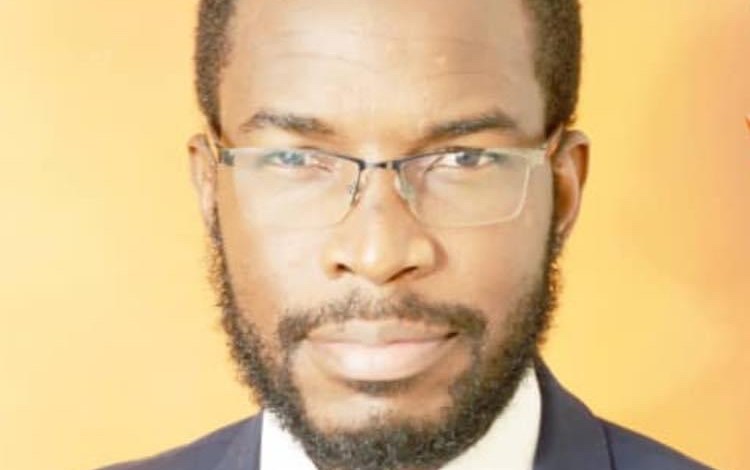WHY HH’S 100 DAYS IN OFFICE ARE BELOW PAR

Dear Editor,
ONE-HUNDRED days in office is an indication of a President’s management style, priorities and speed in implementing campaign promises. It is the basis upon which social economic projections are made by analysts, journalists and other various stake holders with an interest in the future’s social-economic and political landscape.
This practice is evident in most democracies like the United States of America whose first 100 days in office hallmark goes way back to 1933 during the presidency of Franklin D. Roosevelt.
In Zambia, the 100 days in office has been the rhetoric of political champions like Michael Sata with his famous 90 days in office work results when he was in opposition.
Ideally, Hakainde Hichilema followed suit with his 100 days in office programme when he was in opposition.
However, it is the decisions that follow after inauguration such as appointments of the cabinet, budget presenting and economic performance that set the true trajectory of a regime’s attainable goals.
Based on the failures by Hakainde Hichilema on these mentioned decisions, it is projected that HH is going to be a one-term president, and here is why;
One of the promises made by the new dawn government when they were in opposition was the employment and empowerment of the youth.
As Economic Freedom Fighters (EFF), we understand that the UPND did not have a solid plan on how they were going to deliver this promise, so the issue of youth employment and empowerment will take some time (if at all it happens in this government).
But for political survival, the UPND government should have at least given 65 percent of their cabinet and Permanent Secretary positions to the youth as way of reflecting the promise.
Without the voice of youths in key policy making coupled by the impending rising costs of living, the UPND will be a one-term government.
The second reason is that he has inherited an erring economy. However, he has added salt to the injury.
Instead of going for a very conservative budget, he has made a populist budget that requires a lot of spending on consumption rather than investing.
Budget deficits are a common trend in most free economies, however, budget deficits that have no economic logic should never be entertained. We are going to have to borrow heavily to pay for this populist budget.
National debt impacts are analysed through the lenses of economic reasoning, what economic reasoning is there for an import-driven economy, with a depreciation currency and no reserves, to borrow merely for consumption?
Self-sufficient economies like the USA can borrow excessively and still peg their currency higher because of their low level of trade (GDP ratio exports) with the rest of the world, and through the works of their Federal Reserve to balance fiscal and monetary policies that keep their prices stable and unemployment and inflation low.
Our situation is different. What the borrowing will do is put pressure on our financial institutions on leveraging over financial transactions across the border, primarily due to the growing risks of the Kwacha depreciation.
This in turn will lead to high interest rates but will only favour financial investments of foreigners or those in the diaspora because our local people will not even have any money to save.
Local financial institutions will contract their lending to SMEs in the country due to the risks of defaults of payments by the volatile rising interest rate burden, as a matter of fact, the Bank of Zambia will need to raise interest rates much higher to attract foreign financial investments and you can see the cycle that will be created.
This will then escalate unemployment and further diminish youth empowerment leading to the eventual removal of the UPND government in 2026.
Furthermore, the projected three percent GDP growth does not move us from the roughly $27 billion into the next billion of $28bn, however, the loan servicing each year will eclipse this projected GDP growth and defeat this approach to fixing and growing the economy before it even starts.
He had an opportunity for one year, 2022, a better excuse to the current circumstances, of investing in mining, agriculture and energy.
It’s better to be gaining economic strength towards 2026 than to start losing the momentum because of appeasing people in the preliminaries. It’s absolutely not necessary and lacking critical thinking.
What needs sorting out is the issues of debt in 2022 and creating a stable macro economy first. Then afterwards, growth can be experienced in 2023 and beyond.
If HH is truly a leader, that is what he should have focused on. Biting the bullet!
Macroeconomic stability is key to growth!!!
KASONDE MWENDA C,
EFF President.




